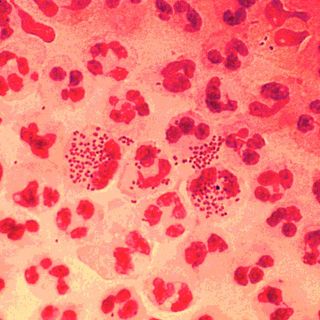Breast milk has been linked to many health benefits for babies, but one big criticism of breastfeeding research is that it has not definitively proven the act or the substance as the cause of these benefits. Now, a new study is further calling into question breastfeeding’s integral role in a baby’s health development, suggesting parents’ knowledge of infant health and nutrition may be the real determinant of babies’ health, not breast milk.
The researchers say public health initiatives aimed at promoting breastfeeding might be more effective if reoriented to educate parents about their child’s nutritional and health needs. Such a reorientation would carry the added benefit of relieving the guilt and stress many women feel when they are unable to breastfeed, they add.
“It’s important to more carefully quantify the trade-offs between breast milk and formula, given the strong breastfeeding recommendations and the realistic challenges that many mothers face, particularly among working mothers,” says the study’s co-author, Jessica Su, an assistant professor in the sociology department of the University of Buffalo, US.
In their study of more than 1,000 mothers and babies, Su and team found that babies born to women who, prior to giving birth, intended to exclusively breastfeed, but who ended up using formula, developed at similarly healthy rates over 12 months as babies born to mothers who exclusively breastfed their babies.
“It’s important to understand that we are not trying to imply that just intending to breastfeed is what’s leading to these health outcomes,” Su says. “What we found is that intending mothers had more information about nutrition and diet; they more frequently consulted their physicians; and had better access to information related to infant health, than those moms who did not intend to breastfeed.”
This knowledge enabled mothers to manage their formula-fed babies’ healthy growth and development in a way commensurate to any benefits of breast milk, the researchers say.
“By sinking so much energy into getting moms to breastfeed, we miss something very important: that access to health care and the ability to take medical advice is critically important to a mother and her infant,” says lead author Kerri Raissian, an assistant professor in the University of Connecticut’s department of public policy.
It’s an important point for India, where the highest-income segment of new mothers (with presumably the greatest access to health care) has one of the lowest breastfeeding rates. But India’s health care system is not known for being particularly educative. Doctors with overwhelming case loads have little time to spend with patients, using it to drive home the importance of breastfeeding rather than to instill understanding; biases and assumptions about women’s commitment to breastfeeding also abound. Many new mothers are left to their own devices to figure out how to breastfeed; many who want to, can’t; many feel guilty, inadequate, and stressed as a result.
This research suggests there’s a better way for everyone — a way that might include breastfeeding as much as it might not, with no downside for babies’ health.




